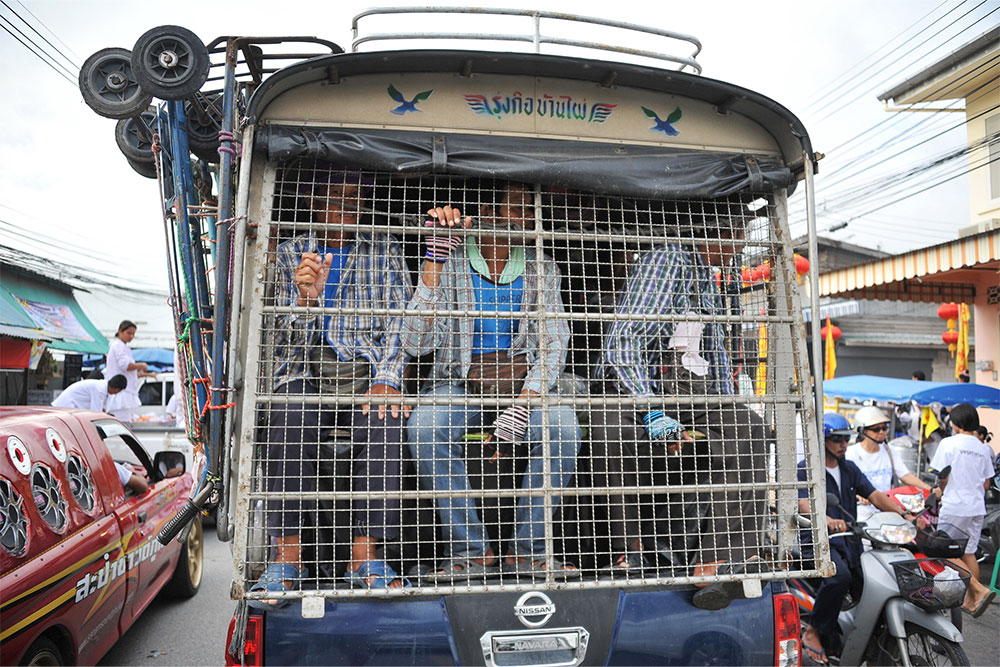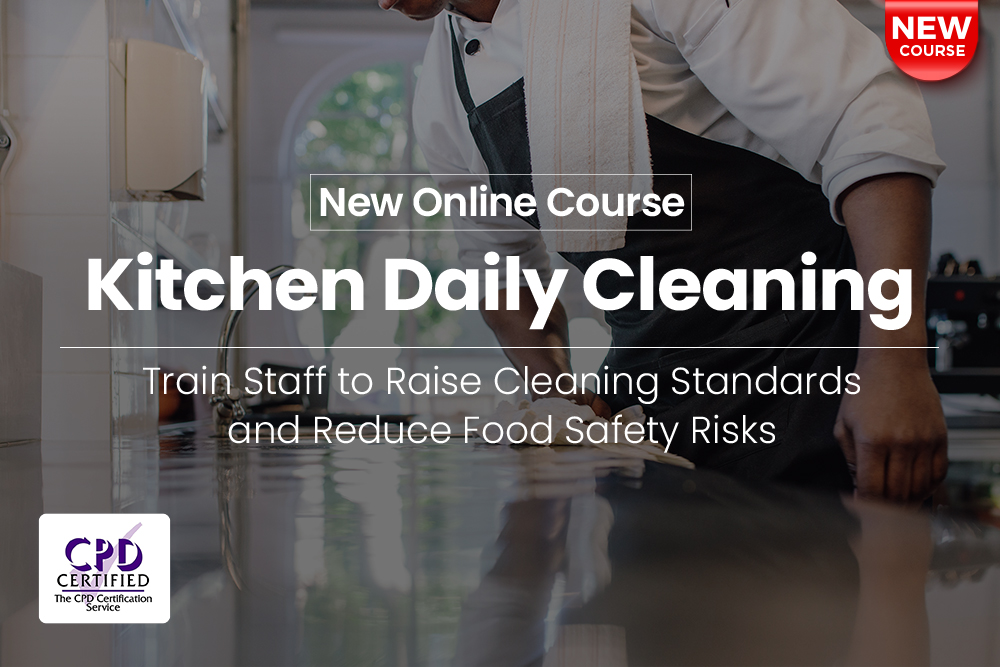
Why is RIDDOR important? Compliance is the first answer. Employers are legally required to report certain workplace injuries and incidents. Fail to do so and you’ll face enforcement action from the Health and Safety Executive (HSE).
But there are other benefits beyond compliance. Our guide explains why the HSE tracks work-related injury data and which incidents must be reported under RIDDOR. It also explains how to make a report and the consequences of missing the deadline.
What is RIDDOR?
RIDDOR stands for the Reporting of Injuries, Diseases and Dangerous Occurrences Regulations 2013.
Under these regulations, employers must report certain work-related accidents and injuries to a relevant enforcing authority. This is most often the HSE, although retailers and restaurateurs may need to report to their local authority (LA).
Not every injury or accident needs to be reported. Generally, you’ll only need to notify the relevant enforcing authority of work-related fatalities and serious injuries that require hospital treatment or long recovery periods. However, specific close calls (i.e., dangerous occurrences) will also need to be reported, even if no one was harmed.
Why is RIDDOR Important?
In its RIDDOR guidance, the HSE states that reporting is necessary so “either HSE or the local authority can respond to ensure compliance with health and safety law.”
In other words, a work-related accident or near miss signals something is wrong. A regulation may not have been followed, or a risk may not have been sufficiently controlled. Whatever the cause, HSE involvement and a thorough accident investigation can ensure it’s a one-off event.
This approach seems to be working. Despite some fluctuations, work-related fatalities have been trending down for some time. And the HSE only has the statistics to prove this because of RIDDOR reports.
What Must be Reported Under RIDDOR?
Under RIDDOR, the following must be reported:
- Fatalities
- Specified injuries
- Injuries that cause a seven-day or longer incapacitation
- Injuries to the public that require hospital treatment
- Occupational diseases
- Dangerous occurrences (near miss incidents)
Specified injuries are typically severe, but because severity is subjective, the HSE has produced a list of injuries that must be reported. If anyone suffers one of these specified injuries in a work-related accident, a report must be made under RIDDOR.
What Counts as Work-Related
RIDDOR defines workplace and work-related accidents differently. Reports are only required if an accident is caused by a work activity, which means that workplace accidents aren’t always reportable.
An incident may happen on your premises that’s unrelated to any work activity. In these situations, RIDDOR isn’t applicable.
Fatalities
Preventing fatalities is one critical reason why RIDDOR is important. The death of any person (employee or member of the public) must be reported if it’s caused by a work-related accident.
If the victim survives the initial accident but dies within a calendar year of the event, it must be reported as a work-related fatality.
Workplace suicides are excluded from RIDDOR, as are deaths by natural causes (e.g. heart attack), unless there’s an undeniable link between the cause of death and a work-related accident.
Specified Injuries
If a worker suffers a specified injury, a report must be made. The HSE lists specified injuries in its RIDDOR guidance, but common instances are:
- Amputation of any body part, including that caused by an accident and later surgical amputation
- Blindness or permanent loss of sight in one or both eyes
- Burns of any kind that affect either 10% of a person’s body or cause significant harm to the eyes, lungs or other vital organs
- Crushing injuries to the head or torso
- Fractures (excluding fractures to toes or fingers)
- Loss of consciousness caused by head injury or lack of oxygen.
You may not be able to tell the seriousness of an injury in the immediate aftermath of a work-related accident. If you’re unsure whether an injury is reportable or not, there’s no need to make a provisional report. Wait until the injury is confirmed as reportable before notifying the relevant authority.

Accidents Causing a 7-Day Incapacitation
RIDDOR also applies if a work-related accident keeps an employee off work for seven consecutive days or more. (Injuries that accumulate over time, like those caused by repetitive manual handling, aren’t reportable as they’re not tied to a single incident.)
The seven-day period does not include the day of the accident but does include weekends and rest days.
You must also internally record accidents that result in a three-day absence, although there’s no need to make a RIDDOR report if the employee returns to work before seven days pass.
Injuries to the Public
Reports must also be made if members of the public, including volunteers, are injured in a work-related accident and require immediate hospital treatment.
Treatment doesn’t cover diagnostic tests or precautionary measures. If someone is taken to hospital and found to be uninjured, a RIDDOR report isn’t necessary.
Diseases
Similar to specified injuries, the HSE lists the specific occupational diseases covered by RIDDOR. Key diseases to be aware of include:
- Asthma caused by regular exposure to fumes or dusts
- Cancers linked to a workplace hazard, such as mesothelioma and asbestos
- Carpal tunnel syndrome caused by regular use of handheld power tools
- Dermatitis (a skin condition) caused by exposure to irritants or corrosive substances
- Hand-arm vibration syndrome caused by regular handling of vibrating tools or materials
- Infections caused by exposure to harmful biological agents
- Tendonitis in the hand or forearm caused by physically demanding/repetitive work
Dangerous Occurrences
Certain dangerous occurrences must be reported even if no one’s injured. Reportable near misses include:
- Collapse of load-bearing lifting equipment
- Explosion or fire caused by a short circuit
- Release of a biological agent likely to cause illness
Who Makes the Report?
Employers or those in control of work premises are responsible for submitting RIDDOR reports.
The self-employed are also required to report occupational diseases and certain incidents provided they happened on their own or domestic premises. If a self-employed person is injured on someone else’s premises, the person responsible for said premises is obligated to make the report.
Reporting online is the most straightforward method.
Employee Reports
Employees are not expected to make RIDDOR reports, but they are encouraged to notify the HSE of any work-related safety concerns they feel aren’t being properly addressed.
What Happens if a Report is Missed or Late?
Under RIDDOR, reports must be made using the “quickest practicable means.”
For most incidents, online reporting is the fastest option, although you can also telephone the HSE if the incident involves a fatality or specified injury to workers only.
You do have some leeway, but the regulations put a strict time limit for fatalities and specified injuries: you must report within 10 days of the incident.
This time limit is extended to 15 days for accidents that incapacitate workers for 7 days or more.
If you miss this deadline or don’t notify any authority of a reportable incident, the HSE can take enforcement action against you. You could potentially face an unlimited fine or prison time.
Why is RIDDOR Important? – Key Takeaways
- Under RIDDOR, employers must report work-related:
- Fatalities
- Specified injuries
- Specified diseases
- Certain dangerous occurrences
- You have 10 days to report a fatality or specified injury and 15 days to report an incident that incapacitated a worker for at least 7 days.
- Accurate reporting helps the HSE monitor workplace safety and take necessary actions to prevent future incidents.
- Non-compliance with RIDDOR reporting requirements can result in enforcement actions, including fines or imprisonment.
Industrial Health and Safety Training
Workers in industrial environments are more likely to suffer a reportable injury because their jobs are inherently risky. But the HSE maintains that those who create risks are best at managing them, provided they invest the necessary resources into workplace safety.
Our online Industrial Health and Safety Training courses are designed to help workers and duty holders identify hazards and manage risks effectively. They help prevent accidents and ensure compliance with other health and safety regulations, reducing the likelihood of you ever having to make a RIDDOR report.



























































































































































































































































































































































































































































































































































































































































































































































